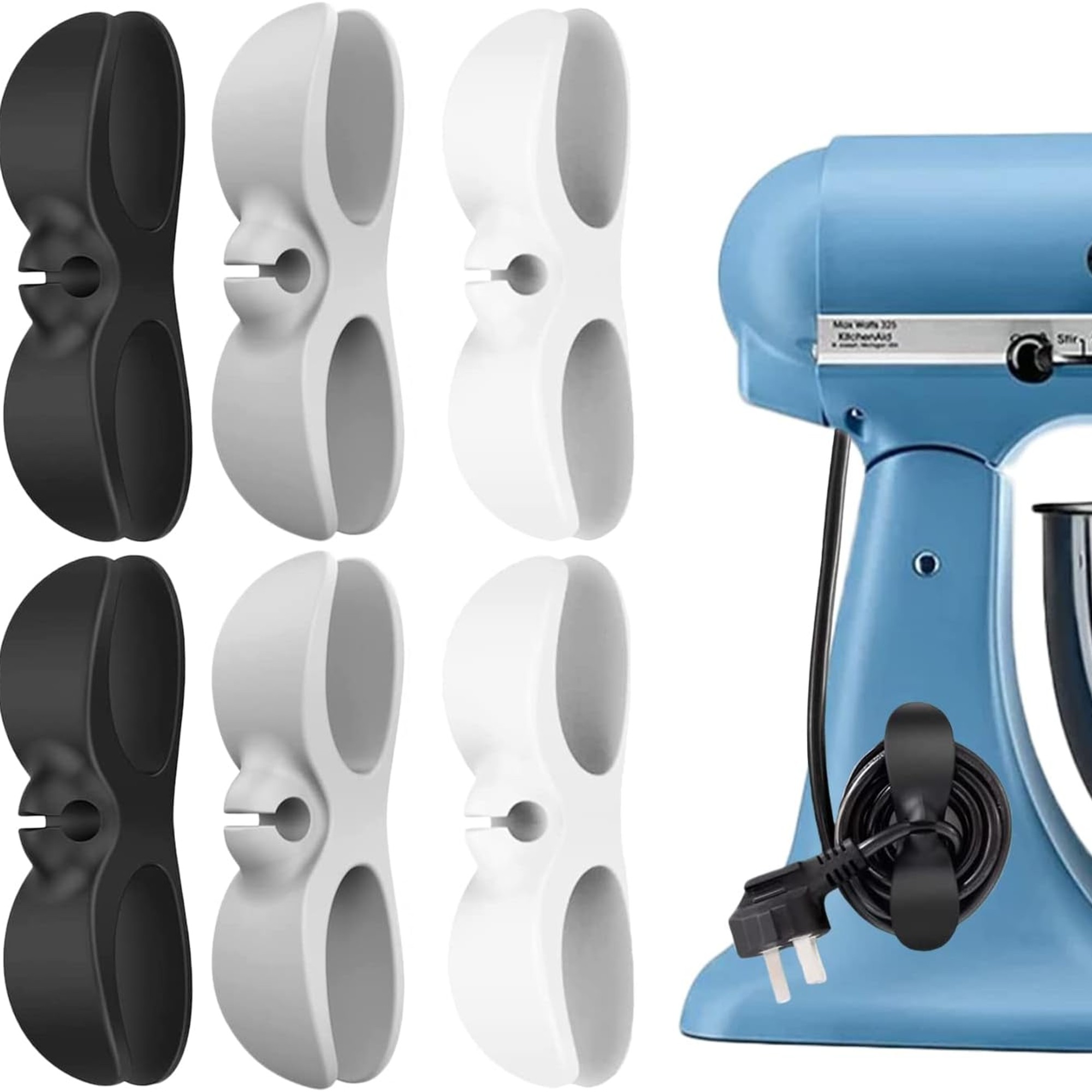5 home appliances you should never plug into an extension cord, according to experts
Although handy, they shouldn't be used for everything

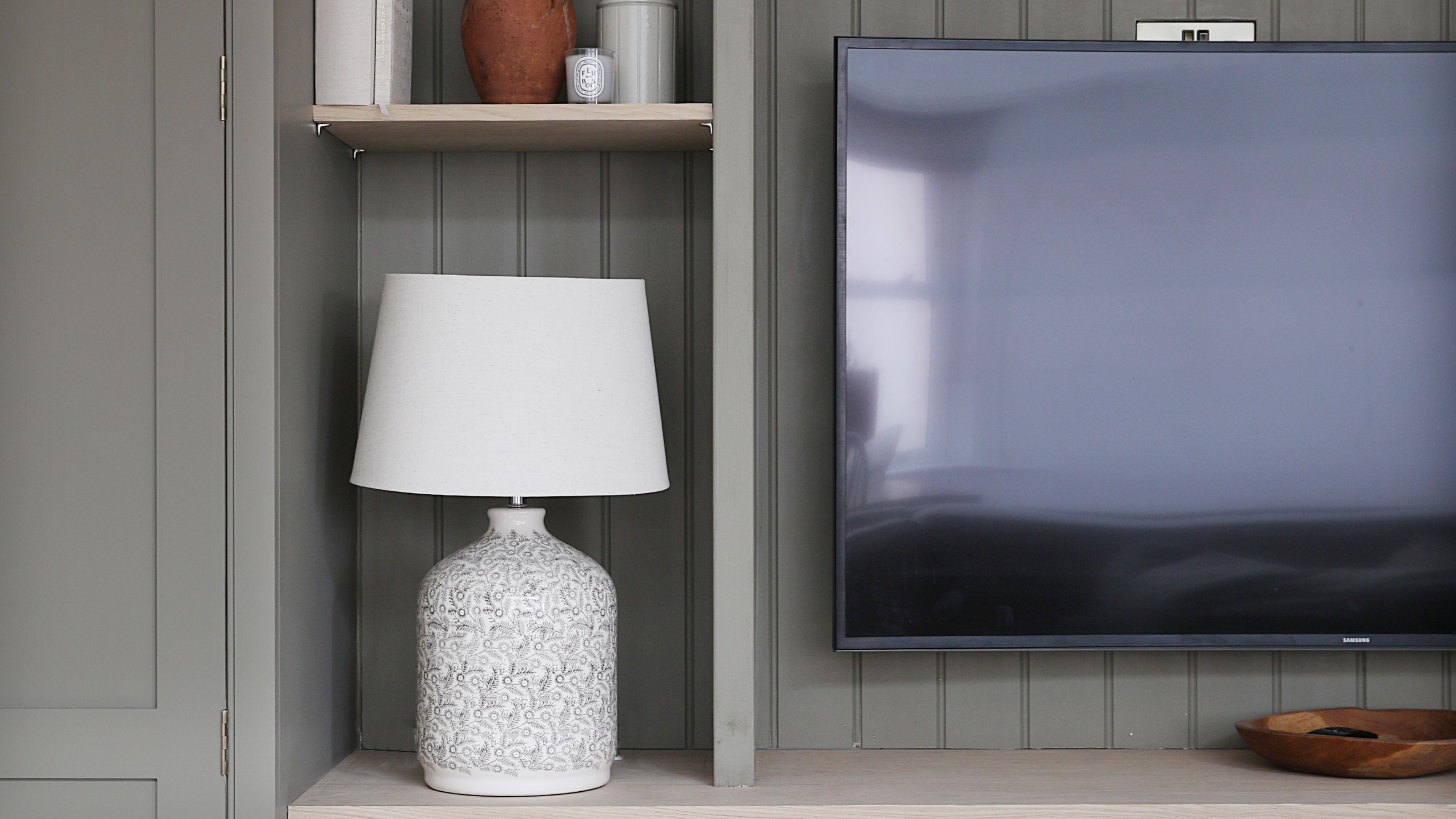
The two plug sockets in a wall outlet are never enough. Given all the household appliances on our radar, we often turn to extension cords to meet our many electricity needs. However, while you can plug most things into an extension cord, it doesn't mean you should. In fact, there are a handful of things you should never plug into an extension cord, as they could potentially pose a fire risk in your home.
More often than not, one of the most common kitchen renovation regrets is not installing enough plug sockets, leaving nary an empty spot to plug your best air fryer or coffee machine. While it might be tempting to purchase an extension cord to make up for the lost space, it's extremely important to know what you can and can't plug into them.
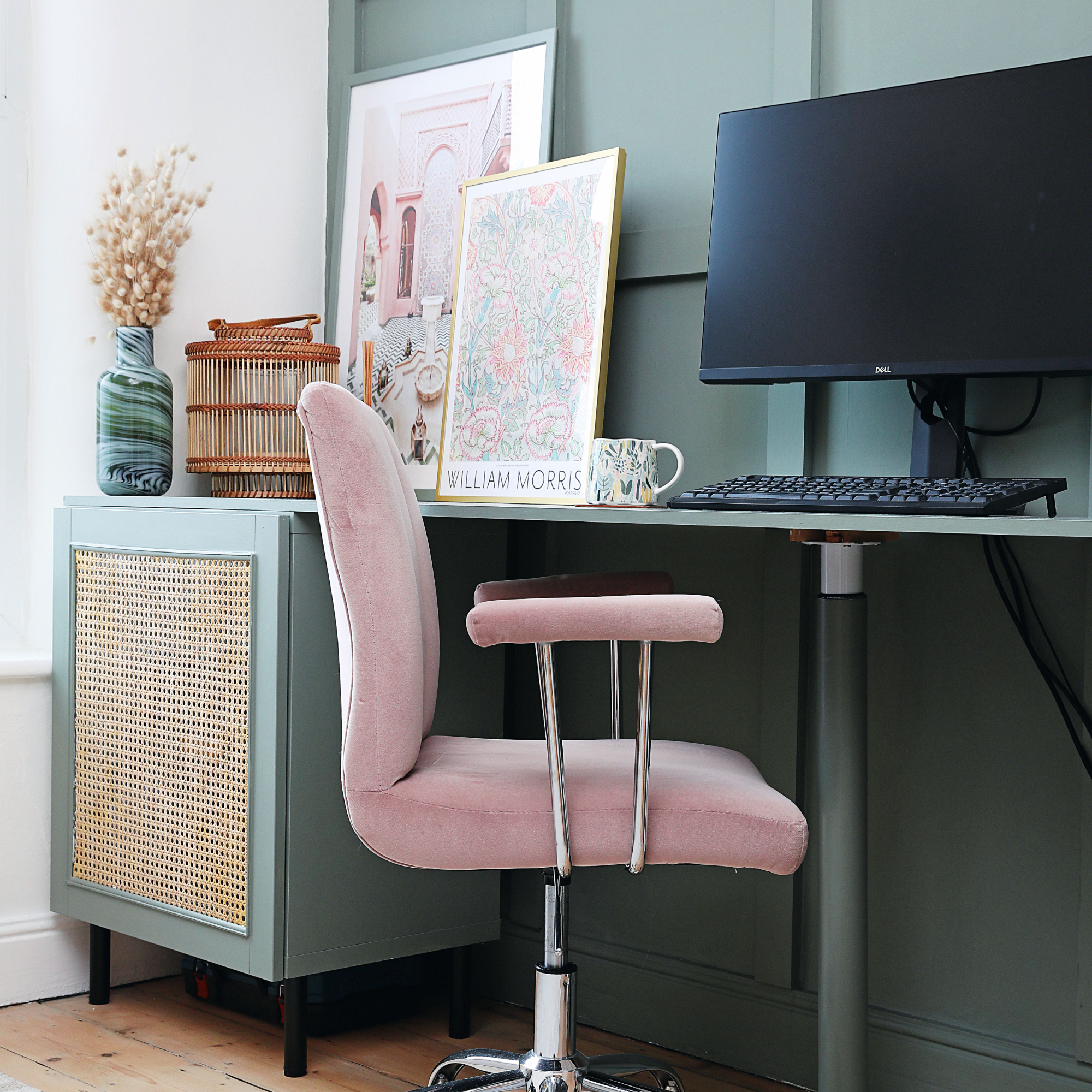
Things you should never plug into an extension cord
'When there aren't enough electrical outlets, using an extension cord can seem like a practical solution,' begins Zimbini Nkonjera, cooking category manager at Hotpoint. 'An extension cord is appropriate for gadgets such as laptops, tablets, and smartphones etc. High-power, large appliances, however, have the potential to overload extension cables and cause electrical fires.'
That said, here are the things you should never plug into an extension cord.
1. Small kitchen appliances
Starting strong (and addressing what most people are likely using an extension cord for), we're sad to report that small kitchen appliances are on the no-no list.
'Small kitchen appliances such as air fryers and microwaves draw a lot of power and can potentially overload a circuit if plugged into an extension lead,' warns Nick Small, small appliance expert at AO.com. This, in turn, can cause an electric shock or even a fire.
'Each extension cord has a wattage rating which dictates how much power the cord can provide,' adds Matt Ayres, appliance expert at RDO Kitchens & Appliances. 'Extension cords are often not equipped for dealing with these high-wattage appliances and may overheat, causing a major safety risk.'
Sign up to our newsletter for style inspiration, real homes, project and garden advice and shopping know-how
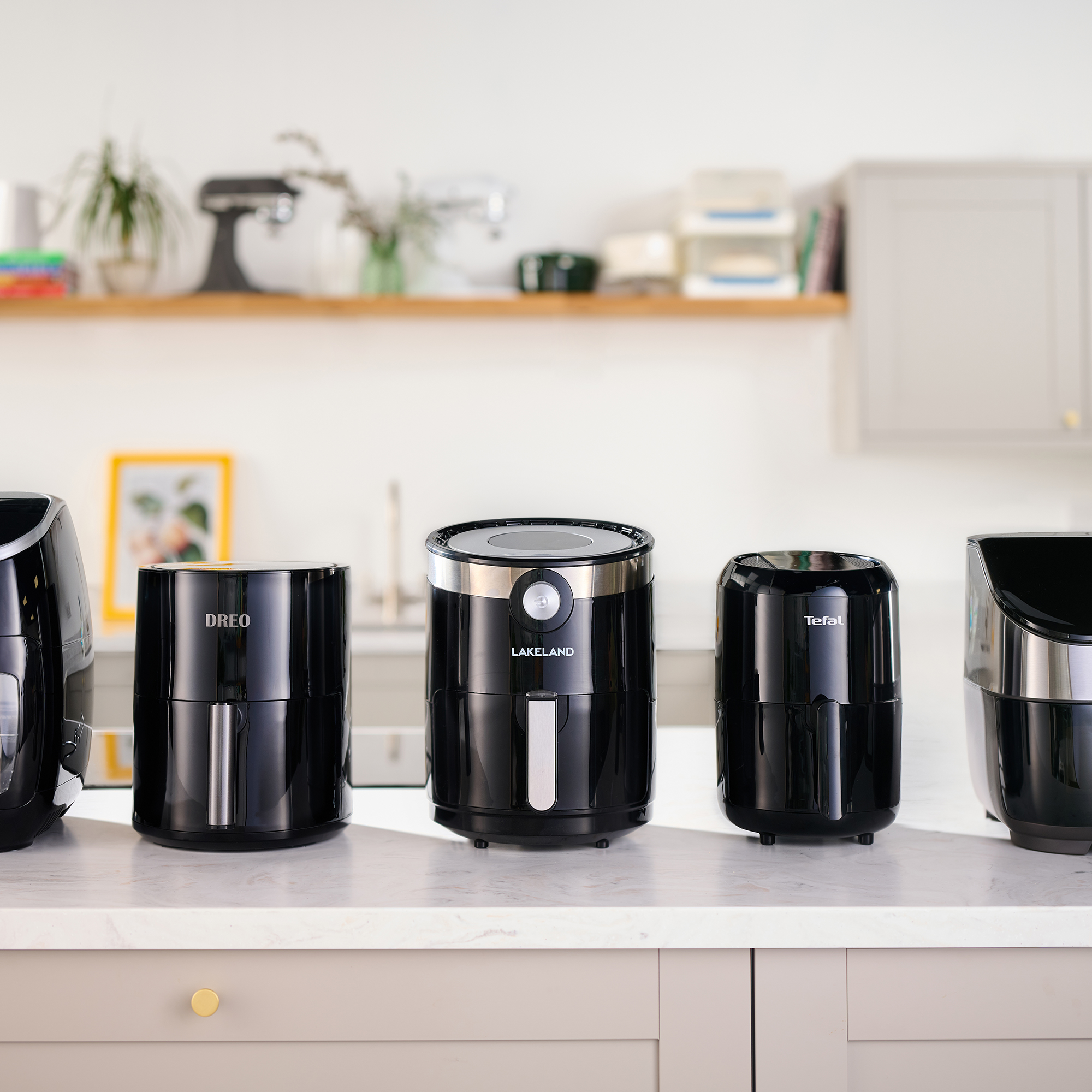
If you have a small kitchen and lack the space for plugging in small appliances, David Joyson, chief customer officer at specialist home insurer, Homeprotect suggests simply unplugging additional appliances when they're not being used. Seeing as many electrical appliances like air fryers should be unplugged when they're not in use anyway, this should be pretty simple to stick to.
However, if keeping unused appliances unplugged leads to messy cords all over your worktop, consider picking up a kitchen appliance cord organiser to help you maintain an organised worktop.
Additionally, if you really need to use an extension cord, David urges investing in an extension cord with a circuit breaker that you can pick up from Amazon. This will automatically shut off if it trips.
2. Electric ovens and stoves
Of course, if small kitchen appliances aren't viable for use in extension cords, they are a big no-no for using with electric ovens and stoves.
'These appliances require a direct connection to a dedicated circuit if you want them to function safely and efficiently. Plugging an electric oven into an extension cord poses a potential fire risk,' explains James Elston, director at Easy Boilers.
'You also run the risk of electrocuting yourself if the wattage doesn't match the outlet. It's therefore vital to analyse and research the specific power requirements of your appliances so you don't make any fatal errors.'
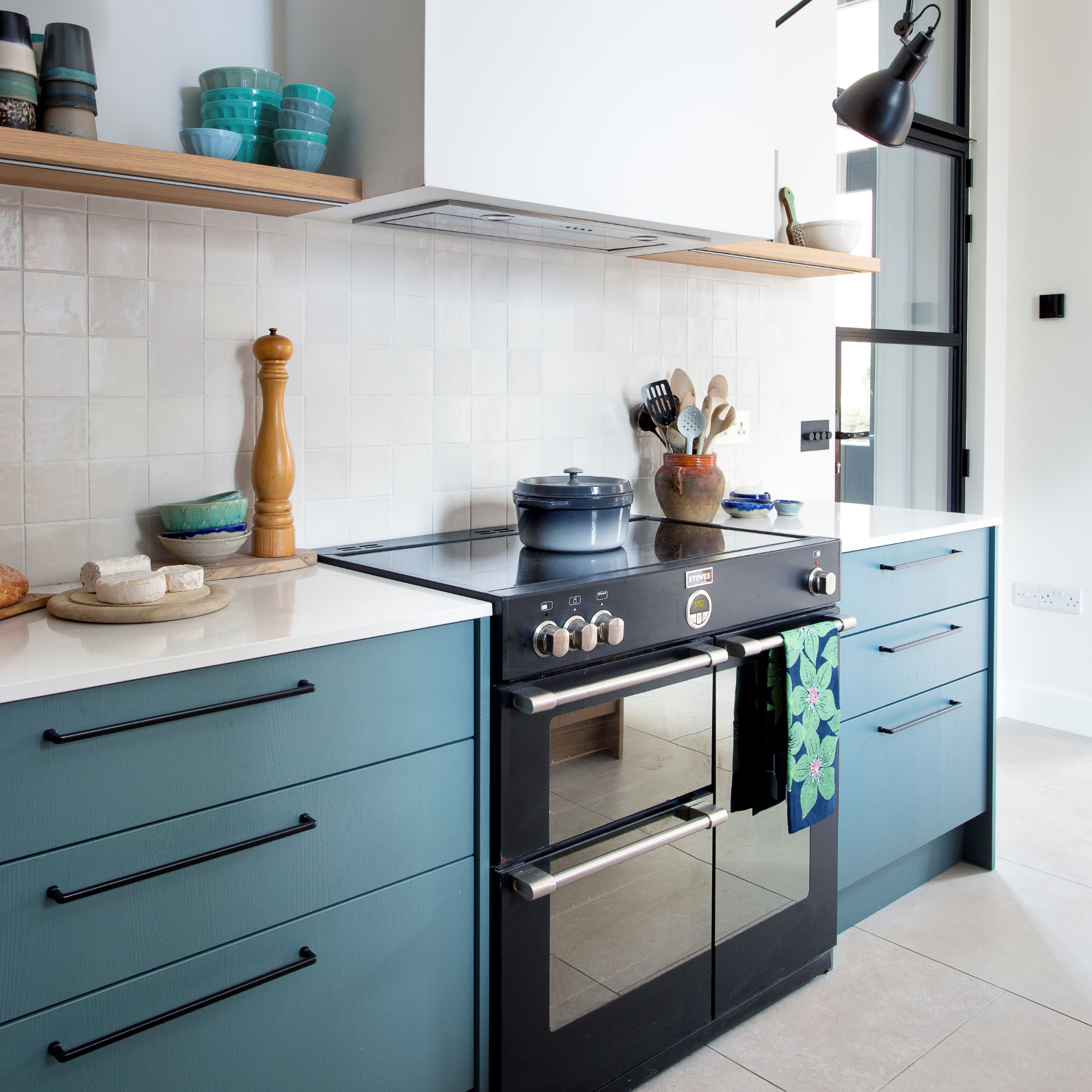
3. Fridge and freezers
Similarly to the above cooking appliances, Nick also urges refraining from plugging refrigerators and freezers into an extension cord to ensure your fridge maintains its optimal temperature.
'Refrigerators and freezers need to be plugged into a main outlet to maintain proper cooling temperatures. If plugged into an extension lead, voltage drops and fluctuations can happen, affecting their performance and potentially causing food spoilage,' warns Nick.
'Large appliances such as fridges require a lot of power and often switch on and off, potentially overwhelming a power strip,' cautions Zimbini Nkonjera at Hotpoint.
'We would advise connecting these appliances directly to a wall socket dedicated solely to powering them.'

4. Dishwashers or washing machines
Following the appliance theme, dishwashers and washing machines should also never be plugged into extension cords. Not only do they draw large amounts of power, but you're also dealing with water and moisture now, leading to double the number of risks to consider.
'Plugging dishwashers or washing machines into extension leads is also not advisable because not only can the appliance overload the circuit, but any water leaks near the extension lead could be dangerous,' cautions Nick.
Matt adds, 'Extension cords, especially those not rated for wet conditions, are not designed to withstand exposure to water. Using an extension cord in such environments increases the risk of electrical shock and short circuits.'
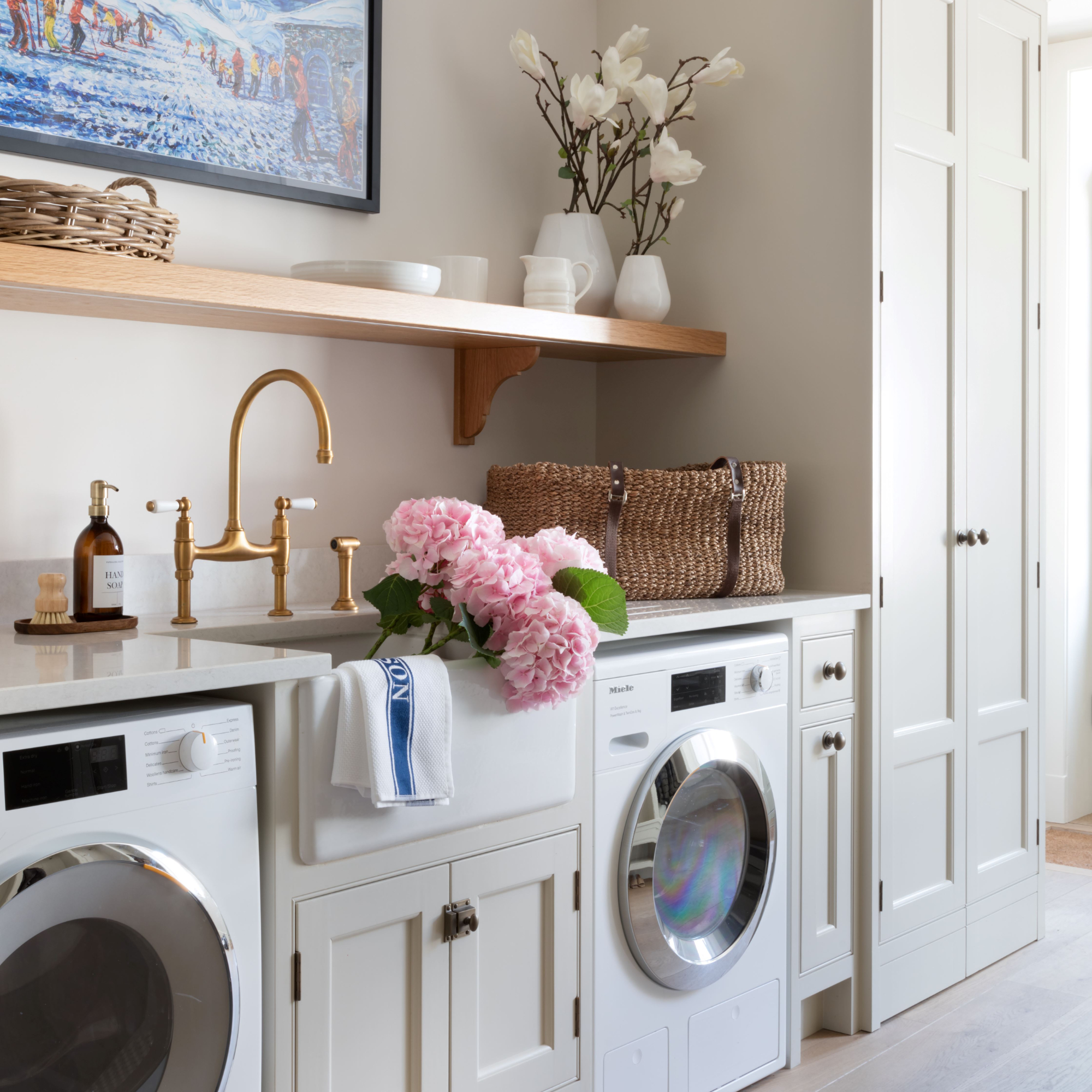
5. Other extension cords
Lastly, while it may be tempting to plug another extension cord into your existing cord, this might just top the list as one of the most dangerous practices to avoid. 'This is often referred to as 'daisy-chaining' and it can be really dangerous. Daisy-chaining extension cords means you’re likely to exceed the wattage rating, which creates a fire risk,' warns Matt.
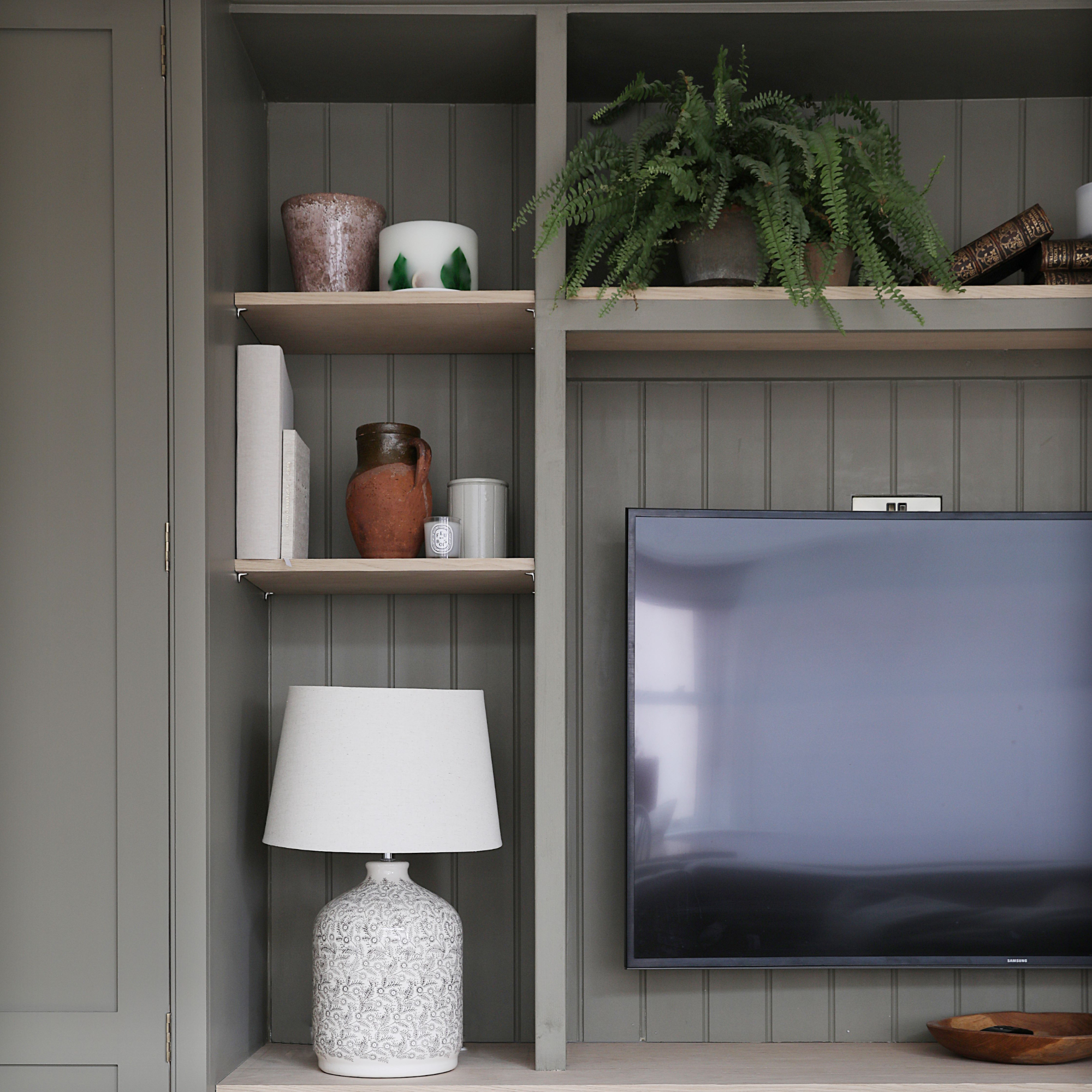
FAQs
Are extension cords safe?
When used correctly, rest assured that extension cords are safe. However, as mentioned they do come with some risks.
'The first thing to check is that any appliances you’re looking to plug in meet with BS 7671 standard (electrical wiring regulations). It's important not to overload sockets or have large appliances running off extension leads, particularly if you're leaving anything unattended,' advises David Joyson at Homeprotect.
Can you use an extension cord with a microwave?
No, you shouldn't use an extension cord with a microwave. 'Microwaves can swiftly thaw, cook and reheat foods which requires more energy to operate efficiently than an extension cord can provide,' explains Zimbini.
Is it bad to have an extension cord plugged into another?
Plugging an extension cord into another is extremely dangerous and shouldn't be done. Doing so can result in exceeding the extension cord's wattage rating, leading to a fire risk.
All this said, our best advice is to just keep extension cords out of the kitchen completely and use them elsewhere in your home for powering chargers and small table lamps instead. If in doubt, check your appliance's manual before plugging them into any extension cords.

Jullia was Ideal Home’s Junior Writer from 2022-2024 and the Ideal Home Certified Expert in Training on Vacuums having spent over 60 hours testing different models. She’s always loved all things homes and interiors, graduating with a bachelor’s degree in Architectural Studies from the University of Nottingham where her love for writing blossomed following her internship at ArchDaily. Now focused on home tech and cleaning, Jullia works on writing features and explainers to help people make the most of their home appliance investments, putting the newest launches through their paces. When she isn’t writing, she loves exploring the city, coffee shop hopping, and losing hours to a cosy game or book.
